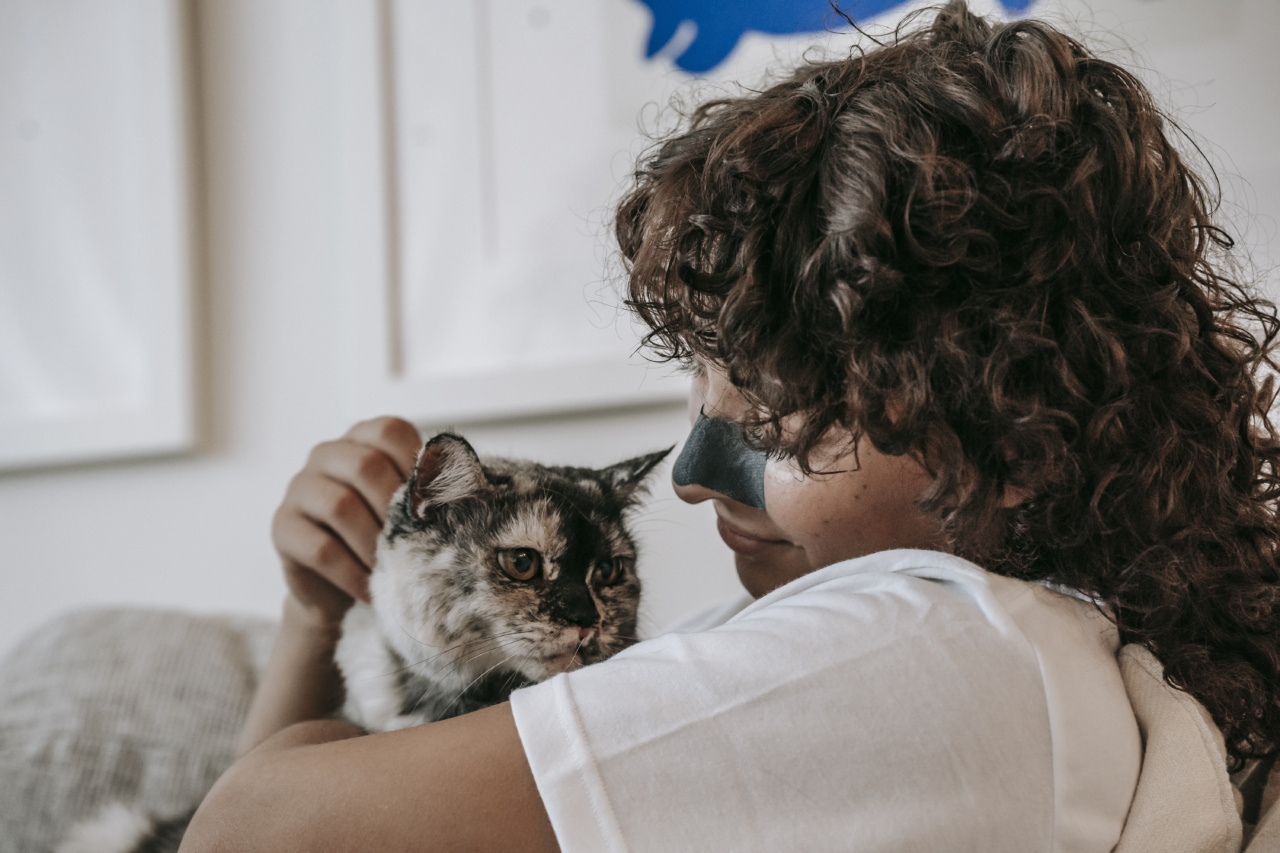Acne is a common skin condition that affects millions of people worldwide. It is characterized by the presence of pimples, blackheads, and whiteheads on the face, neck, chest, back, and other areas of the body.
While acne is primarily a physical condition, it can also have a significant impact on a person’s self-esteem and overall well-being. This article will explore the complex relationship between acne and self-esteem and discuss some strategies to help improve self-confidence in individuals dealing with acne.
The Psychological Impact of Acne
Acne can have a profound psychological impact on individuals, particularly during adolescence when social interactions and self-image play a significant role in personal development.
The visible presence of acne lesions can lead to feelings of embarrassment, shame, and self-consciousness, ultimately affecting self-esteem.
Research has shown that individuals with acne tend to have lower self-esteem compared to those with clear skin. They may feel unattractive, judged by others, or believe that their appearance is defined solely by their acne.
These negative self-perceptions can result in social anxiety, self-isolation, and even depression.
Societal Beauty Standards and Acne
Societal beauty standards also contribute to the complicated relationship between acne and self-esteem. The media often portrays flawless skin as the epitome of beauty, leading individuals with acne to feel inadequate or unattractive.
This constant exposure to idealized images can make it challenging for people with acne to accept their condition and feel confident in their own skin.
Furthermore, there is a prevalent misconception that acne is solely caused by poor hygiene or laziness. This misconception fuels stigmatization and can lead to feelings of self-blame and inadequacy in individuals struggling with acne.
The societal pressure to have perfect skin can exacerbate the already fragile self-esteem of those affected.
Acne and Body Image
Acne not only affects facial appearance but can also appear on the body. This can further impact body image and self-esteem.
Individuals with body acne may avoid activities such as swimming or wearing certain clothing that reveals their skin, fearing judgment and ridicule from others. The constant worry about their skin’s appearance can be mentally exhausting and significantly dampen self-confidence.
The Emotional Toll of Acne
Living with acne can take a toll on an individual’s emotions and mental well-being. The constant presence of acne lesions can lead to feelings of frustration, anger, and helplessness.
It is not uncommon for individuals to develop anxiety around social situations, fearing negative judgment and rejection due to their acne. The emotional distress caused by acne further contributes to the intricate relationship between the condition and self-esteem.
Strategies to Improve Self-Esteem
While dealing with acne and its impact on self-esteem can be challenging, there are strategies individuals can employ to enhance their self-confidence:.
1. Education and Understanding
Learning about acne, its causes, and available treatments can help individuals gain a better understanding of their condition.
This knowledge can dispel misconceptions, alleviate self-blame, and empower individuals to seek appropriate professional help.
2. Seeking Professional Guidance
Consulting a dermatologist or skincare professional can provide individuals with personalized advice and treatment options tailored to their specific skin needs.
Understanding that there are effective treatments available can instill hope and a sense of control over their acne, positively impacting self-esteem.
3. Developing a Skincare Routine
Establishing a consistent skincare routine can help manage acne symptoms and improve skin health. This can include gentle cleansing, exfoliating, and using products containing acne-fighting ingredients such as salicylic acid or benzoyl peroxide.
Taking proactive steps towards improving skin condition can boost self-confidence.
4. Exploring Makeup Techniques
For those who desire to conceal their acne, learning makeup techniques specifically tailored for acne-prone skin can provide a temporary confidence boost. Using non-comedogenic and oil-free products can help minimize breakouts while providing coverage.
5. Practicing Self-Care and Self-Compassion
Engaging in self-care activities and practicing self-compassion are essential for maintaining positive self-esteem. This can involve engaging in activities that promote relaxation and self-expression such as meditation, yoga, or pursuing hobbies.
Recognizing that acne does not define one’s worth and treating oneself with kindness and acceptance can have a profound impact on self-esteem.
6. Seeking Support
Sharing experiences with trusted friends, family members, or joining support groups can provide emotional support and a sense of belonging.
Connecting with others who have gone through similar experiences can be reassuring and help individuals realize they are not alone.
7. Working on Overall Wellness
A focus on overall wellness, including maintaining a balanced diet, regular exercise, and managing stress, can positively influence both physical and mental health.
Engaging in activities that promote well-being can boost self-esteem and help individuals feel more in control of their lives despite having acne.
8. Challenging Negative Thoughts
Negative thoughts about one’s appearance and self-worth are common in individuals with acne. Learning to identify and challenge these negative thoughts can be empowering.
Engaging in positive self-talk and reframing negative beliefs can gradually improve self-esteem.
9. Striving for Acceptance
Seeking self-acceptance and shifting focus away from the skin can be transformative.
Acknowledging that everyone has imperfections and that acne is a common condition can help individuals embrace their uniqueness and develop a more forgiving attitude towards themselves.
10. Professional Help for Psychological Support
If acne-related self-esteem issues persist or significantly impact daily life, seeking professional help from a therapist or counselor specializing in body image and self-esteem can be beneficial.
These experts can provide guidance, support, and specialized strategies to address self-esteem issues associated with acne.
Conclusion
Acne and self-esteem share a complicated relationship, with acne having a significant impact on self-perception and overall well-being.
However, by adopting strategies to improve self-esteem, individuals with acne can develop a more positive self-image and regain control over their lives. Seeking professional guidance, practicing self-compassion, challenging negative thoughts, and striving for self-acceptance are key steps towards enhancing self-esteem and leading a fulfilling life regardless of acne.






























